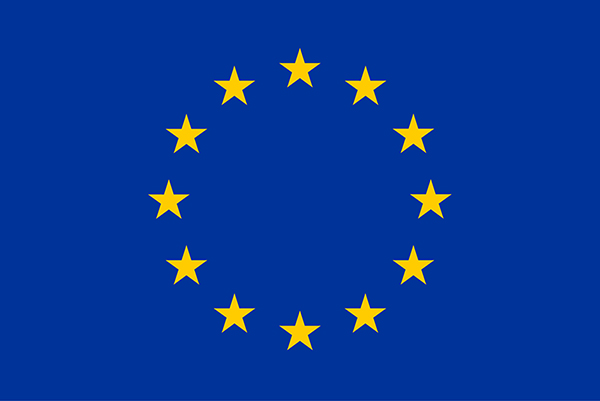The deCrYPtion action
In 2018, I drafted and submitted a proposal in response to the annual Horizon 2020 Framework Programme call for a Marie Skłodowska-Curie Actions Individual Fellowship supported by the European Commission.

My application was selected to be carried out.
This Marie Skłodowska-Curie Action (MSCA), project number 839116, is titled: “Decrypting Mycobacterium cytochrome P450 (CYP) physiological functions by testing hypotheses emitted from large-scale comparative genomics analysis”. It corresponds to an Individual Fellowship (IF) in the Reintegration panel for the call 2018.
I performed the described work, under the supervision of Prof. Steven L. Kelly at the Institute of Life Science, within Swansea University Medical School (SUMS), in Wales, United Kingdom.
A brief summary of the work performed for the deCrYPtion action is available on the dedicated CORDIS webpage.
Main project description
Bacteria from the Mycobacteriaceae family pose a threat that needs to be tackled. While the rapid expansion of genome sequencing with genome and pathway annotations has greatly improved the progress of drug discovery, it has also pointed out how much our understanding of metabolism is limited. Within the gap of knowledge constituted by genes of unknown or imprecise function are some that encode for metabolic enzymes defining uncharted pathways, potential targets for the development of new fighting methods against those pathogens. Among uncharacterized enzymes that represent exciting opportunities are members of the cytochrome P450 (CYP) protein family. This is because azoles, known CYPs specific inhibitors, have been demonstrated to prohibit M. tuberculosis growth. Logically, CYPs, their required redox partners, and the pathways they are involved in, mostly uncharacterized, have been proposed to be drug targets.
The work carried out for the “deCrYPtion” action consisted in performing a large-scale comparative genomics analysis of the members of the Cytochrome P450 (CYP) protein family present in the genomes of Mycobacterium bacterial species, to propose and then experimentally test functions for some selected targets.
Experimental results obtained regarding the function of previously uncharacterized genes are fundamental in nature. They increase the understanding of pathogens that impact human and animal health. The newly obtained understanding can be leveraged to inform intervention development, i.e., newly obtained knowledge serves the development of new drugs.
Open data
For deCrYPtion, a Mycobacteriaceae-wide survey of CYPs, combining genomic enzymology and comparative genomics was performed to define and identify the CYPs subfamilies that are uncharacterized, identify the species they belong to, investigate the metabolic environment they associate with so that targets that are worth investigating are identified. The Enzyme Function Initiative (EFI) web tool was used. The starting material, in the form of protein sequences, was obtained from the UniProt database and enriched with specific and publicly available additional information. Using a sequence similarity network (SSN) approach, CYPs were segregated into families and isofunctional subfamilies. From that initial segregation, Genome Neighbourhood Networks were generated. This allowed for identifying conserved partners and pathway context. The information obtained has been made available, according to the Data Management Plan (DMP), using the Zenodo open repository, and can be accessed at: https://doi.org/10.5281/zenodo.6583999. It contains the Cytoscape sessions files that were used and mined to generate the hypothesis experimentally tested.
Impact
The overall objective of Individual Fellowships in the MSCA work program is to enhance the creative and innovative potential of experienced researchers, wishing to diversify their competence in terms of skill acquisition through advanced training, international and intersectoral mobility. The scheme supported my return, as I benefited from a (re)integration fellowship.
Overall, my undertaking of the deCrYPtion action reached the desired objective: I obtained new scientific, and complementary transferable skills (managerial and teaching).
